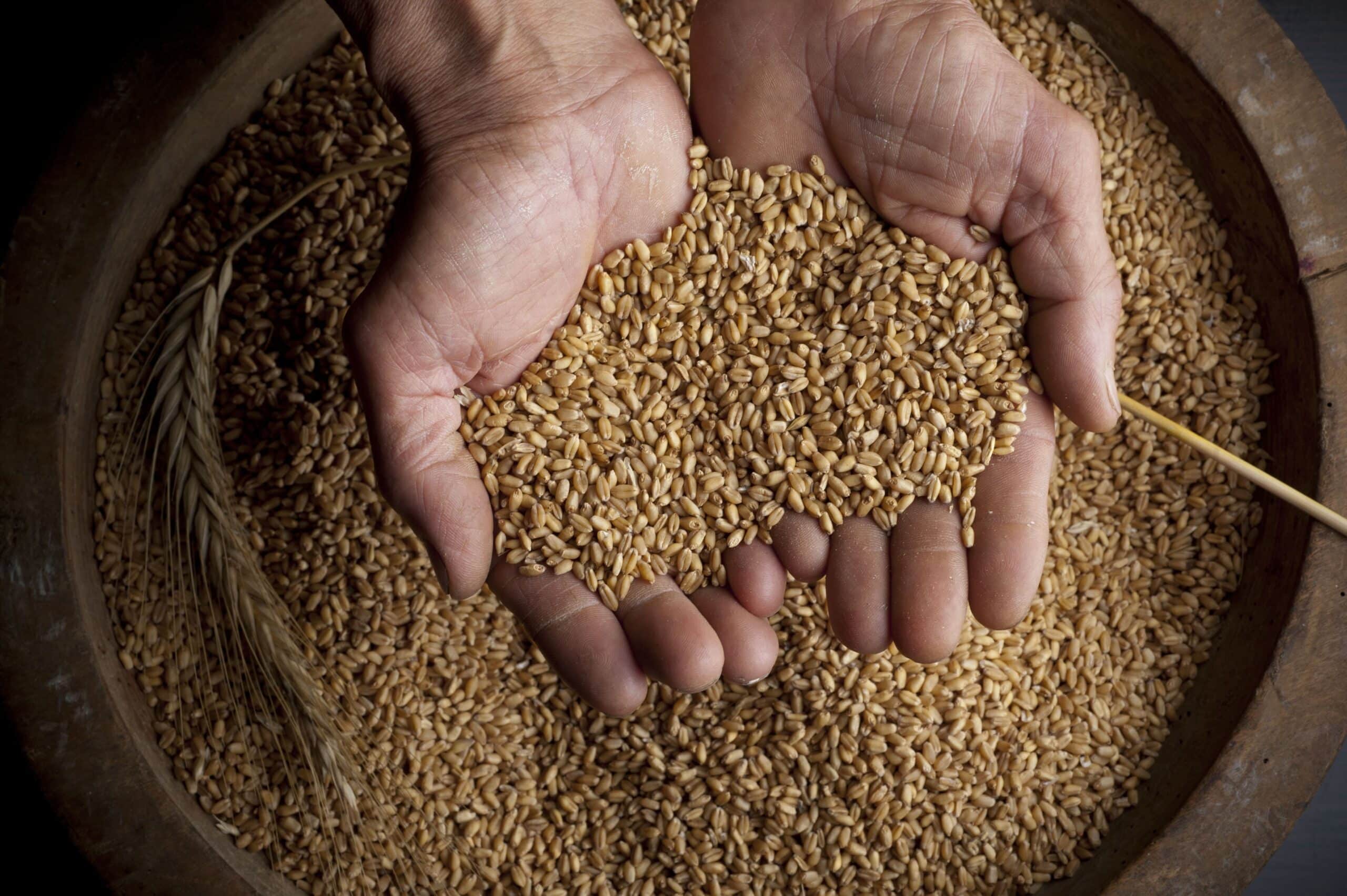Oct 14, 2024

Did you know 95% of our food comes from soil? It’s no wonder the 2022 World Soil Day theme is “Where Food Begins”. Growers truly understand the importance of soil, and don’t take its health for granted.
We’ve come up with five ways to celebrate this year’s World Soil Day, one of which includes a scholarship opportunity for future growers and agricultural leaders!
When caring for soil, growers need to manage its physical, chemical, and biological properties. Growers should also understand the difference between soil health and soil quality, as they are interrelated but quite different.
Soil health is the interaction between organisms and their environment, as well as properties resulting from these interactions.
Soil quality is how well soil “does its job”, e.g., its physical, chemical, and biological function (like crop production).
Your soil health takes into consideration how healthy your soil microbes and other soil organisms are and their ability to do their jobs to support your soil quality. When these organisms are cared for, they in turn take care of your soil and your crops. This can include releasing nutrients, mitigating abiotic stressors, increasing water retention, and decreasing soil erosion.
Sometimes a nice quiet read can be the perfect way to celebrate something like soil. The Soils for Nutrition: State of the Art Report includes global soil trends and nutrient budget information. It also explores the roles of soil fertility on crops, animals, and humans.
The report includes relative climate change information, as well as sustainable soil fertility management tips.
Staying up to date on the most relevant soil health information is a win for growers because implementing these practices improves crop yield performance, maximizes inputs, and reduces erosion and runoff losses.
It’s also a win for the public because regenerative practices improve water quality, support strong food systems, and reduce environmental impacts and atmospheric carbon levels.
There are many ways to implement regenerative farming practices in this coming year. The pillars of regenerative farming include minimizing disturbance, keeping the soil covered and roots alive, and diversifying plant inputs.
To minimize disturbance, try adopting a no-till or low-till practice. Or at minimum, find ways to reduce tillage and equipment passes in the field, which can also help avoid soil compaction.
Implement a cover crop and crop rotation to keep the soil covered and keep the roots alive.
Apply mulches, compost, and manure to diversify plant inputs. Soil loses nutrients with each harvest, so it’s important to find ways to add nutrients back into your soil. This can help you avoid soil degradation and wind and water erosion.
Start by getting a biological soil analysis done with a trusted adviser. They’ll be able to give insights on microbial activity and indicators of a healthy soil biology. 75% of all soil microbes in farm soil are dormant due to starvation.
You can make the most of your inputs and support your soil microbiome by feeding the microbes within your soil. Feeding your beneficial microbes a carbon-rich soil microbial food allows soil microbes to release nutrient sources in carbon structures.
With all these changes, it’s ok to start small, like a side-by-side test in one area of a field. Be sure to track your results and plan for opportunities as you go.
The Food and Agriculture Organization of the United Nations celebrates World Soil Day in many ways. First, there are multiple contests taking place, including poster drawing and book contests for children, along with a soil-inspired cake decorating competition for adults.
They also have events worldwide, so head over to their website to see what may be going on in your area.

To celebrate World Soil Day, we’re awarding three $5,000 scholarships to college juniors pursuing a bachelor’s degree in agronomy, plant science, or a related field.
Applications are open December 5, 2022, to January 31, 2023.
The scholarship also includes a hands-on internship experience at Heliae® Agriculture in Gilbert, Arizona. Awardees will take a tour of our facilities, learn from soil health experts, participate in research, and be a part of our team!
The three awardees will be chosen based on their commitment to a career in agriculture while showcasing their passion, initiative, character, and integrity. We will contact those chosen by February 20, 2023 and will announce the awardees to the public on February 28, 2023.
This scholarship is for US or Canadian citizens. Students need to have a cumulative GPA of 3.0 or higher, on a 4.0 scale, and a passion for soil science and agronomy. Applicants must be majoring in agronomy, plant sciences, or a related field.
Widespread tillage, loss of carbon inputs, and reduced microbial communities have led to a decrease in soil health and quality. World Soil Day gives us the opportunity to pause, reflect, and examine how we can improve soil health.
It also gives growers the opportunity to celebrate the things going right and the improvements they’ve made to their farms and soil.
Remember, supporting soil health is a marathon, not a sprint. Participating in the marathon can pay off big over time. Up to 58% more food could be produced through sustainable soil management – helping to almost close the 2050 food demand gap completely!
To celebrate World Soil Day with PhycoTerra® apply for our scholarship or fill out a contact form today.